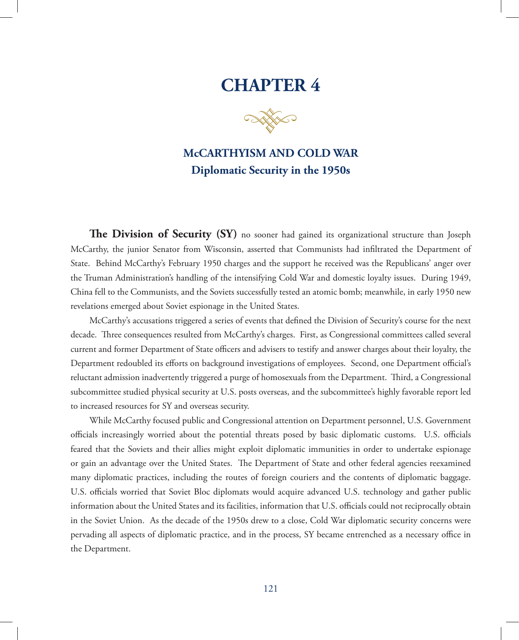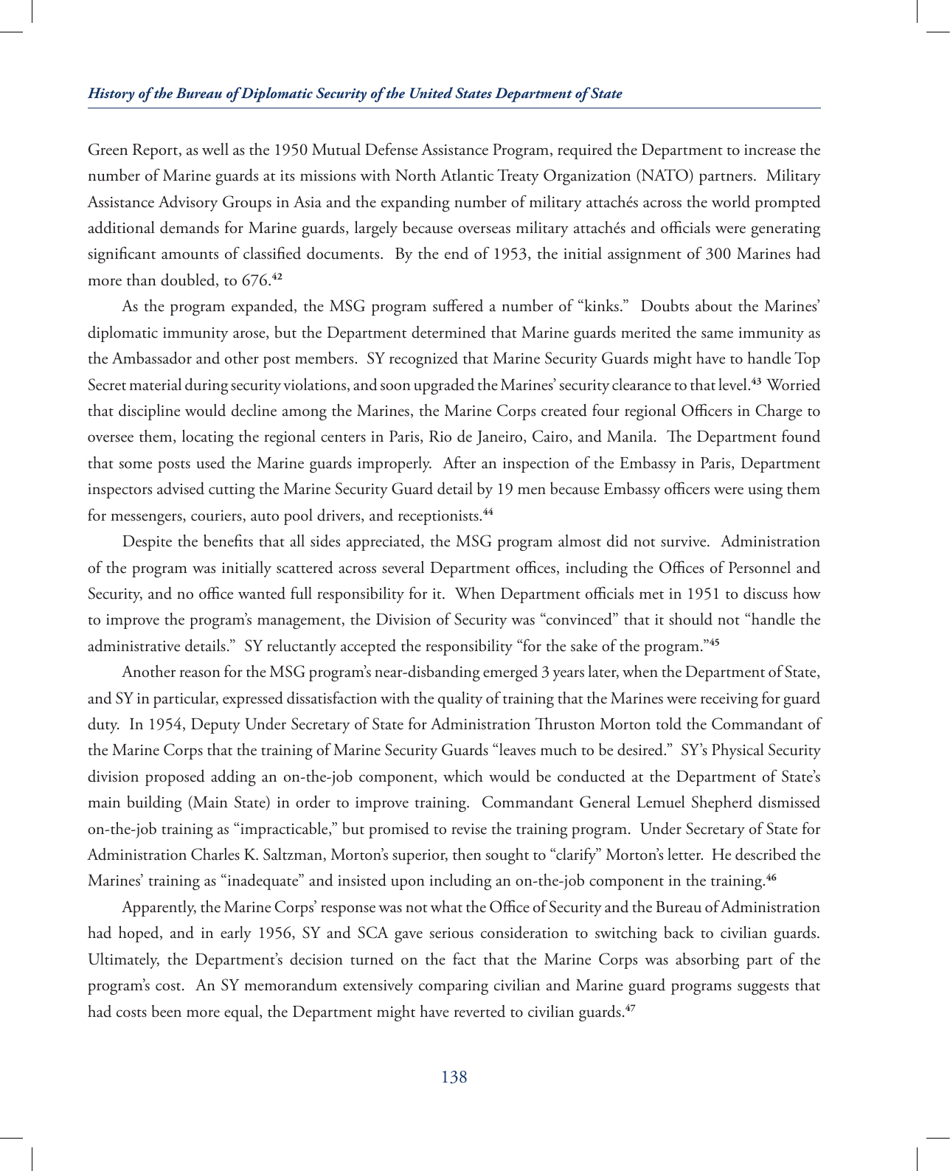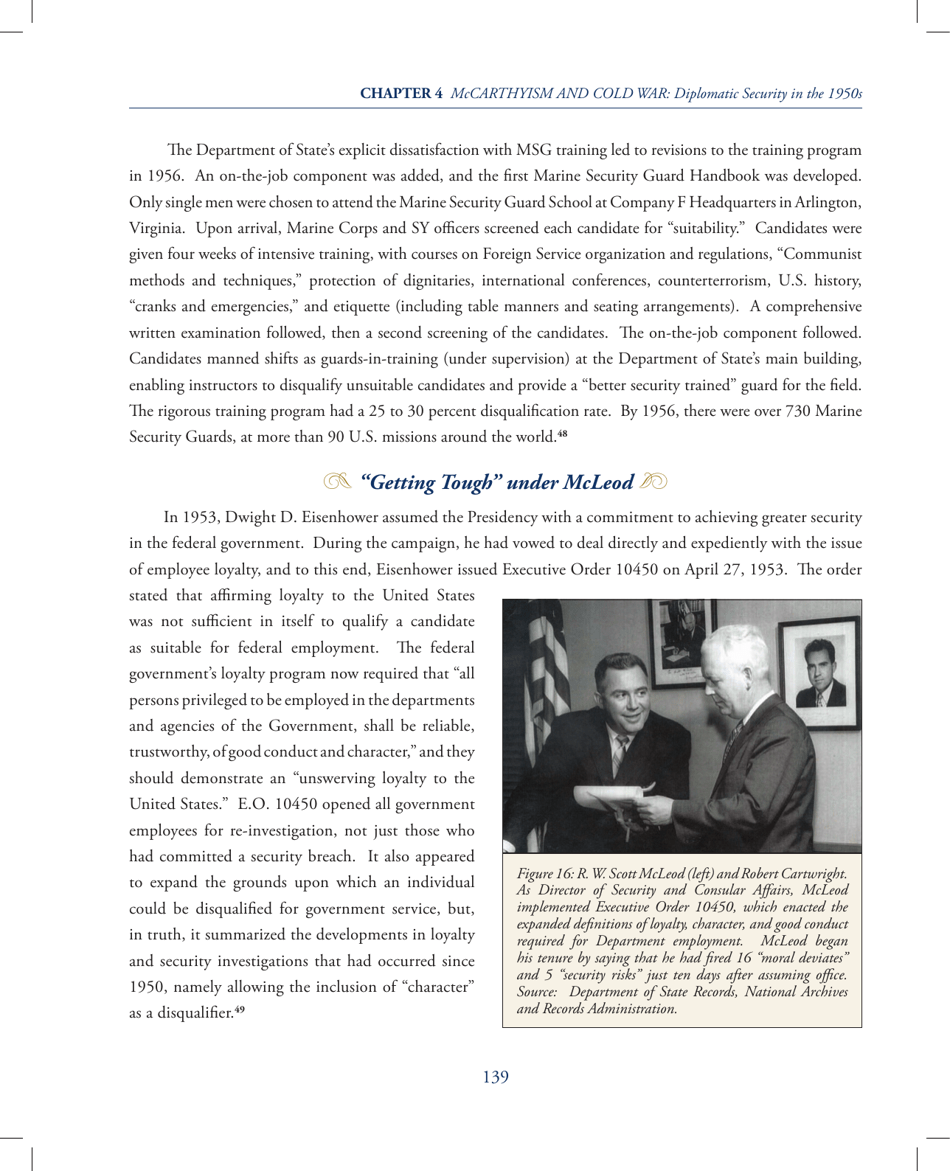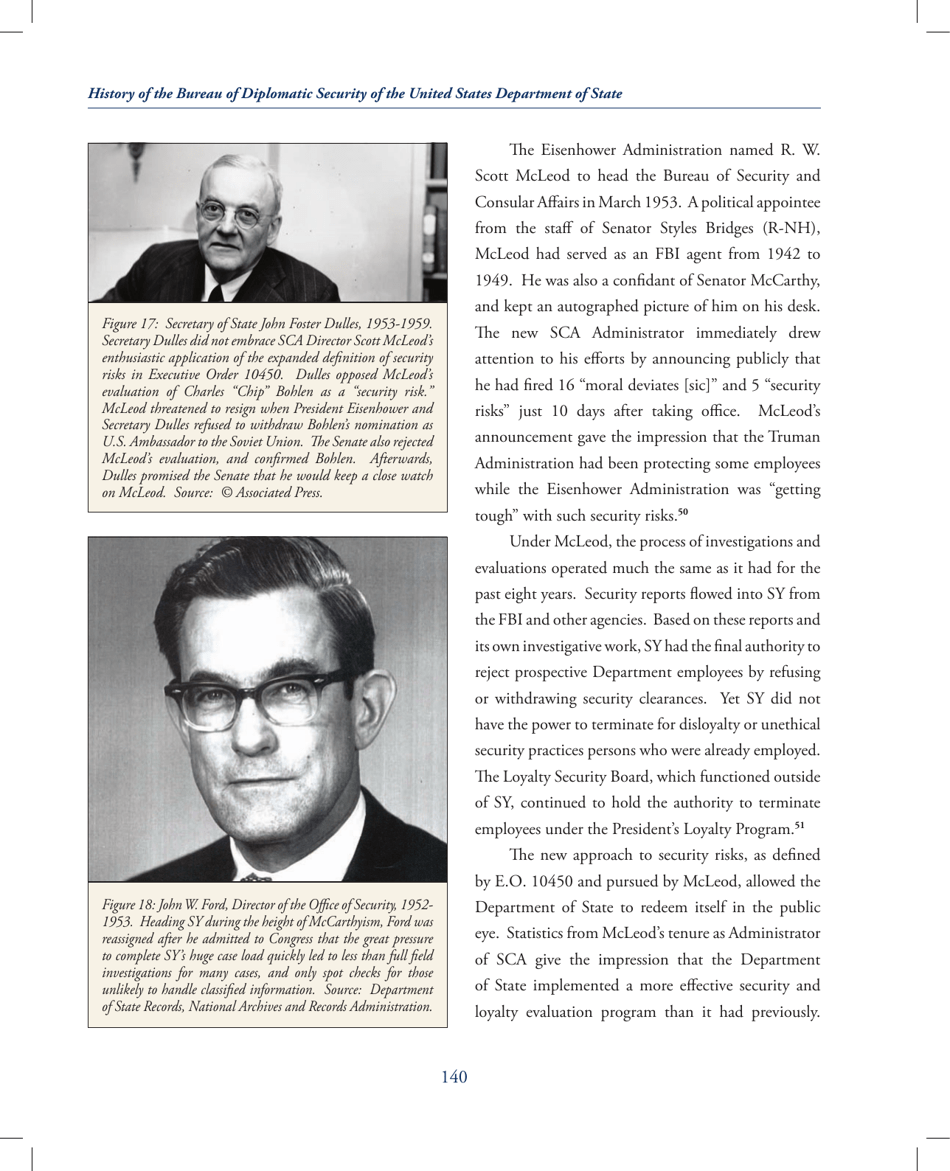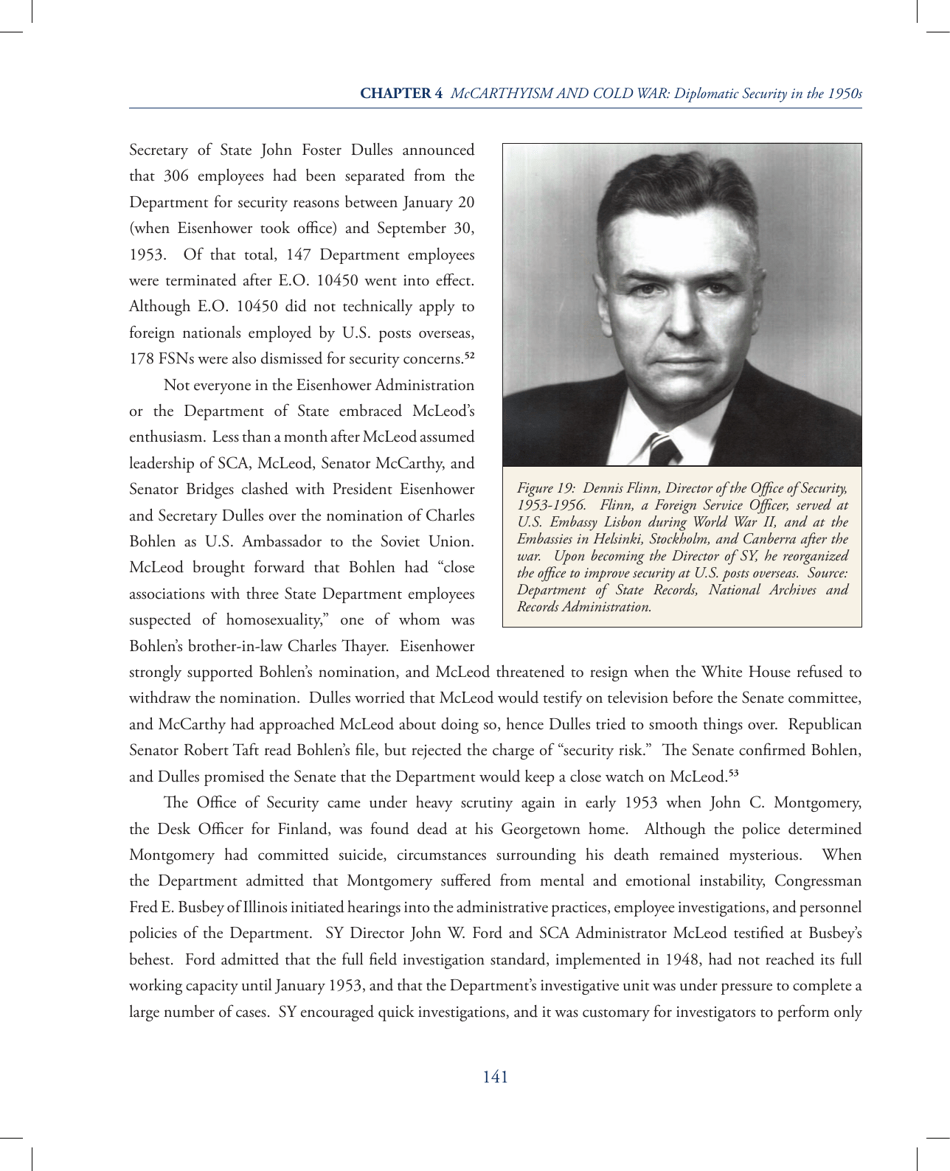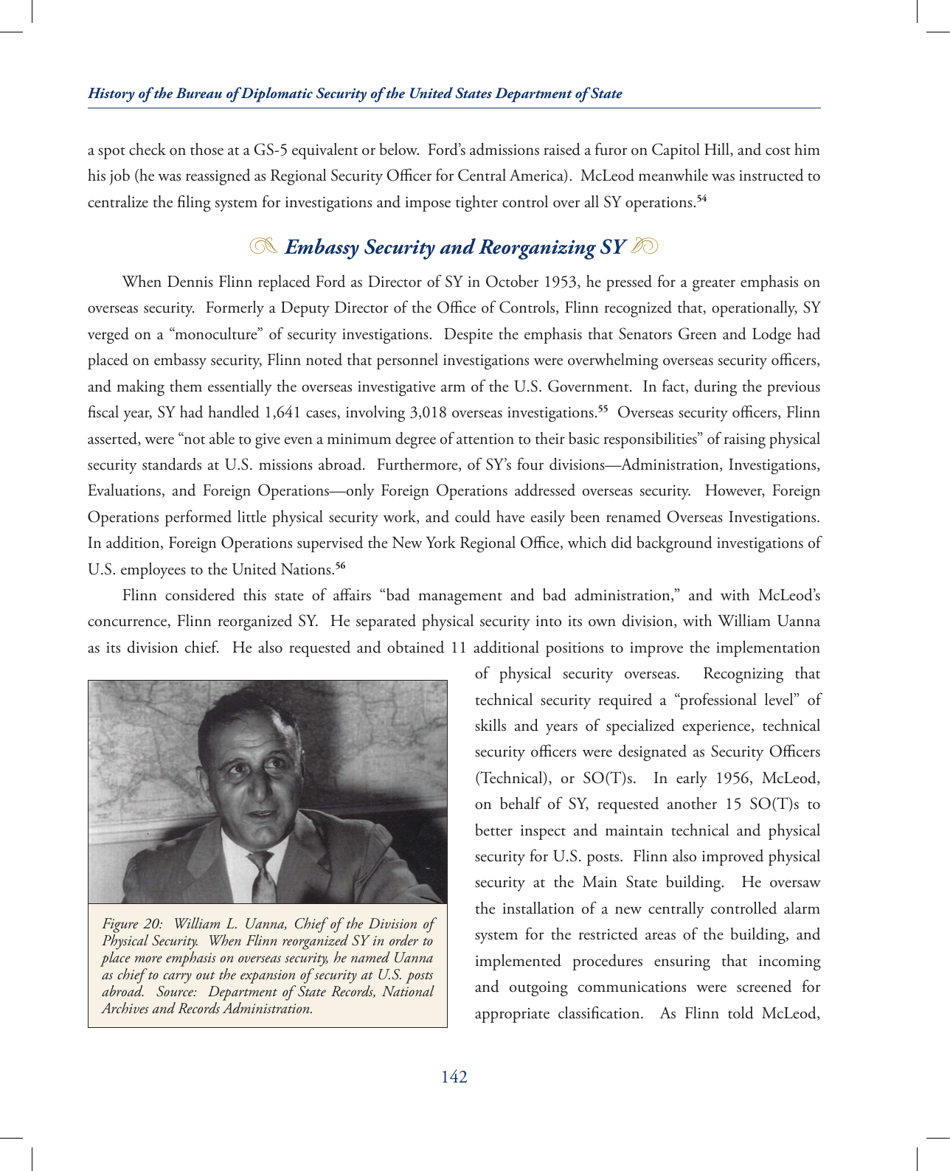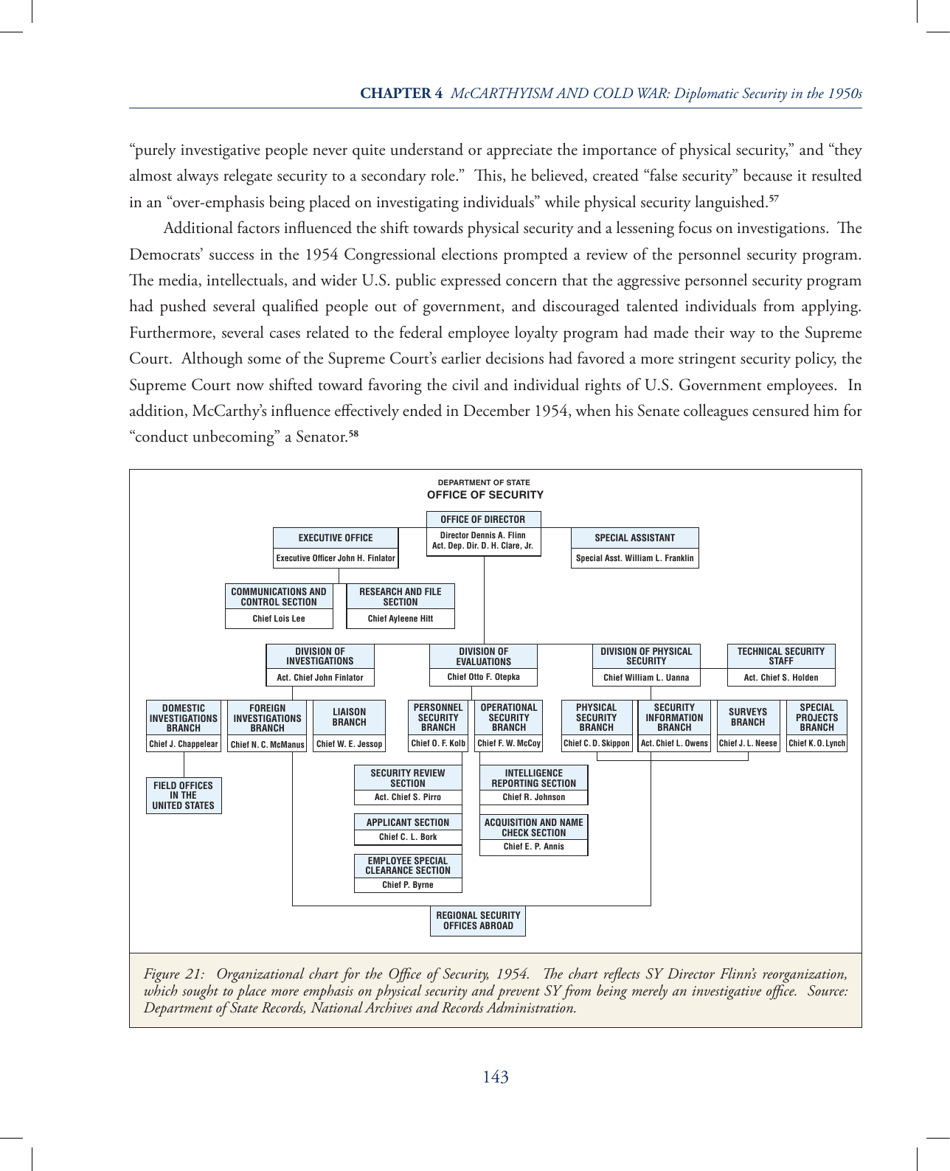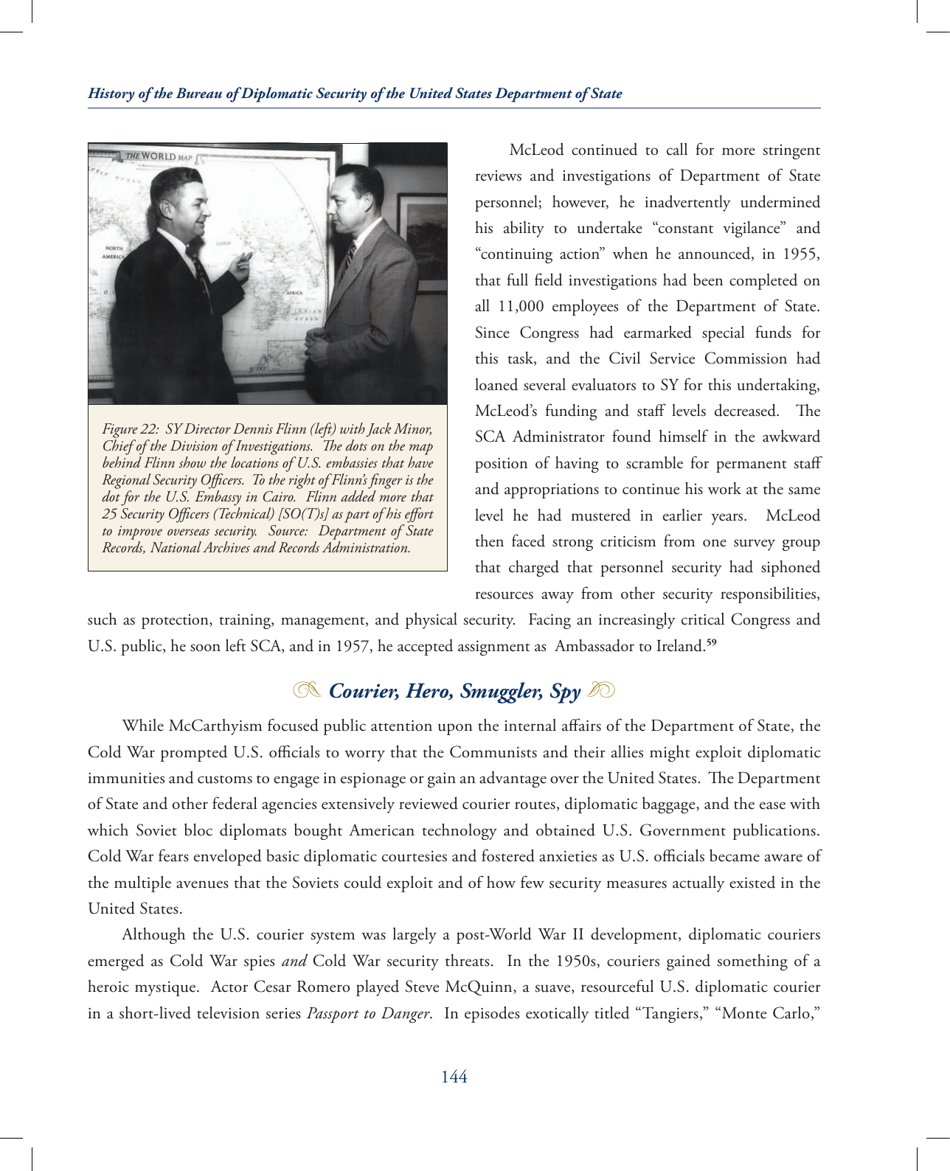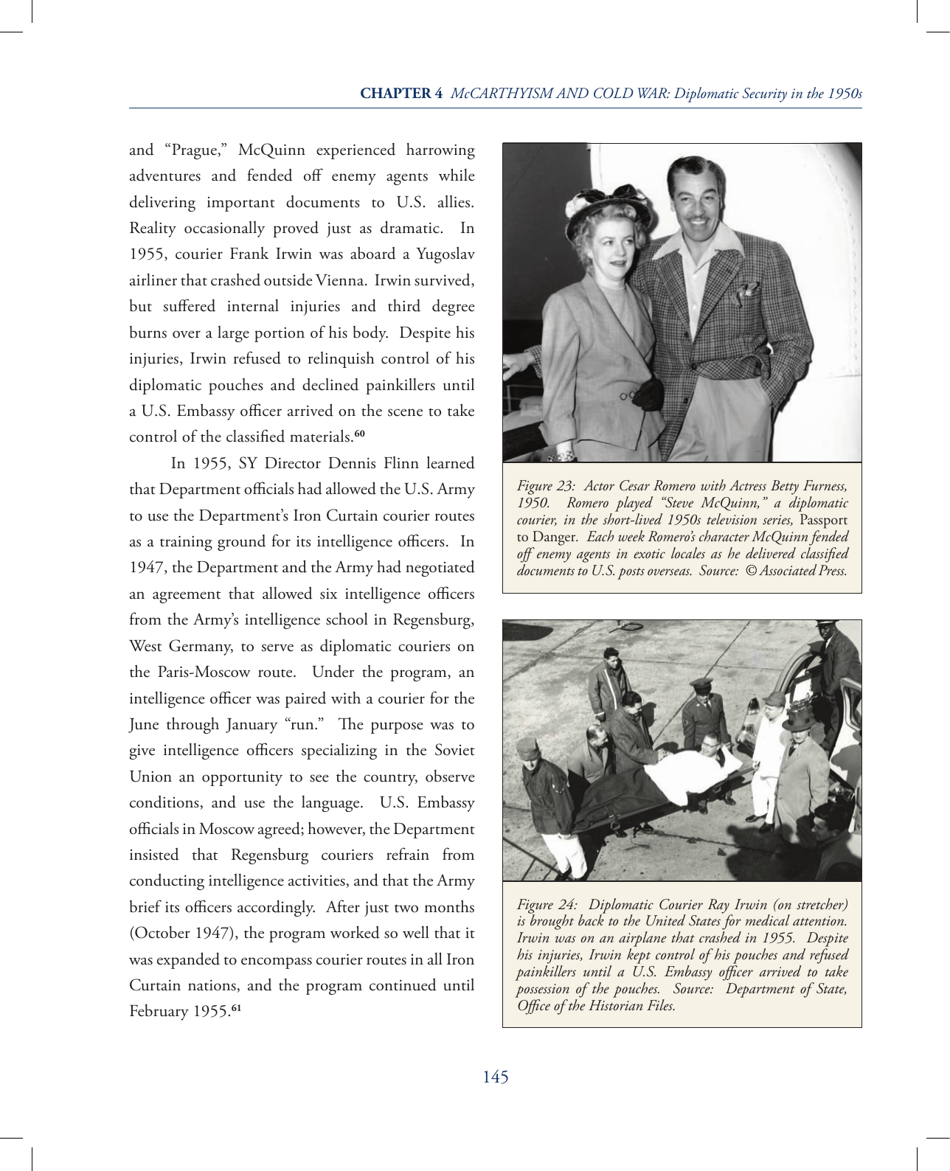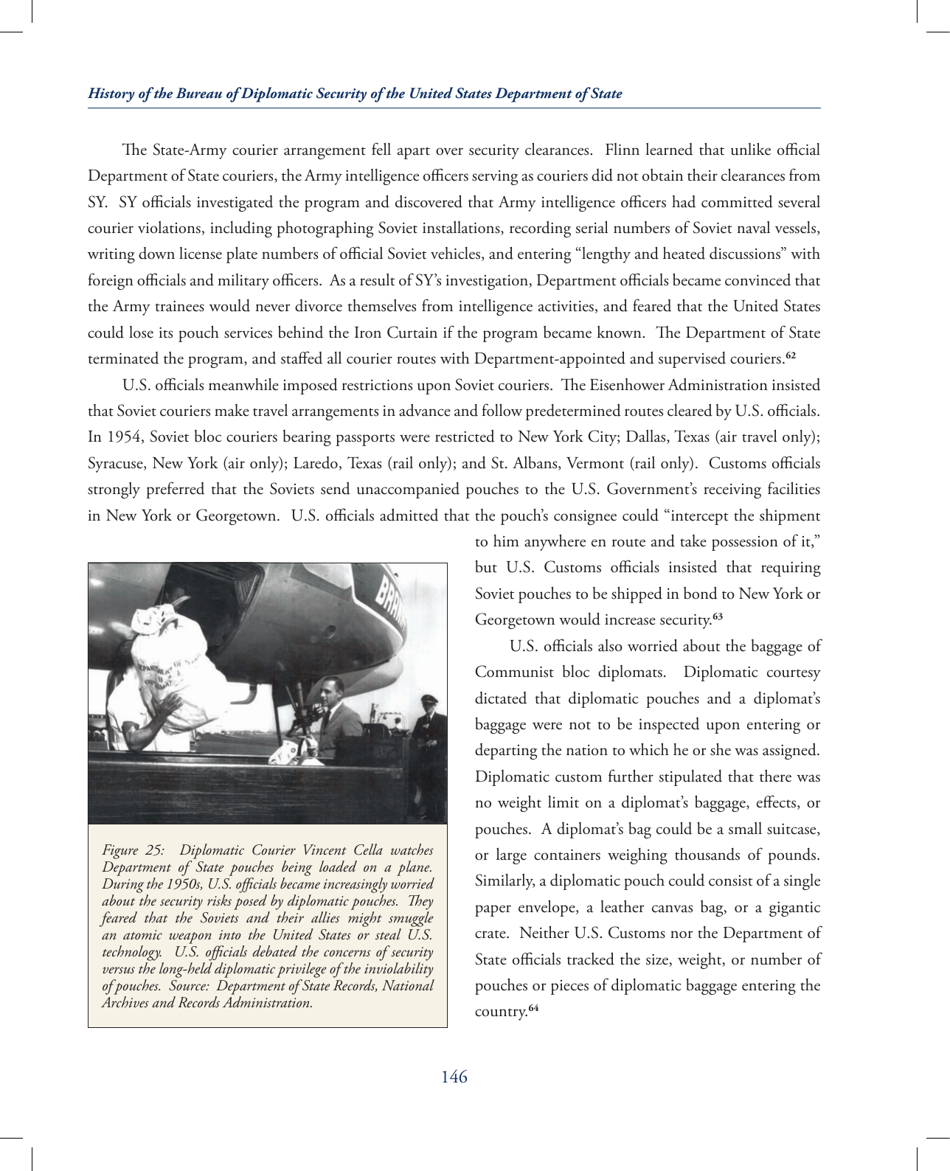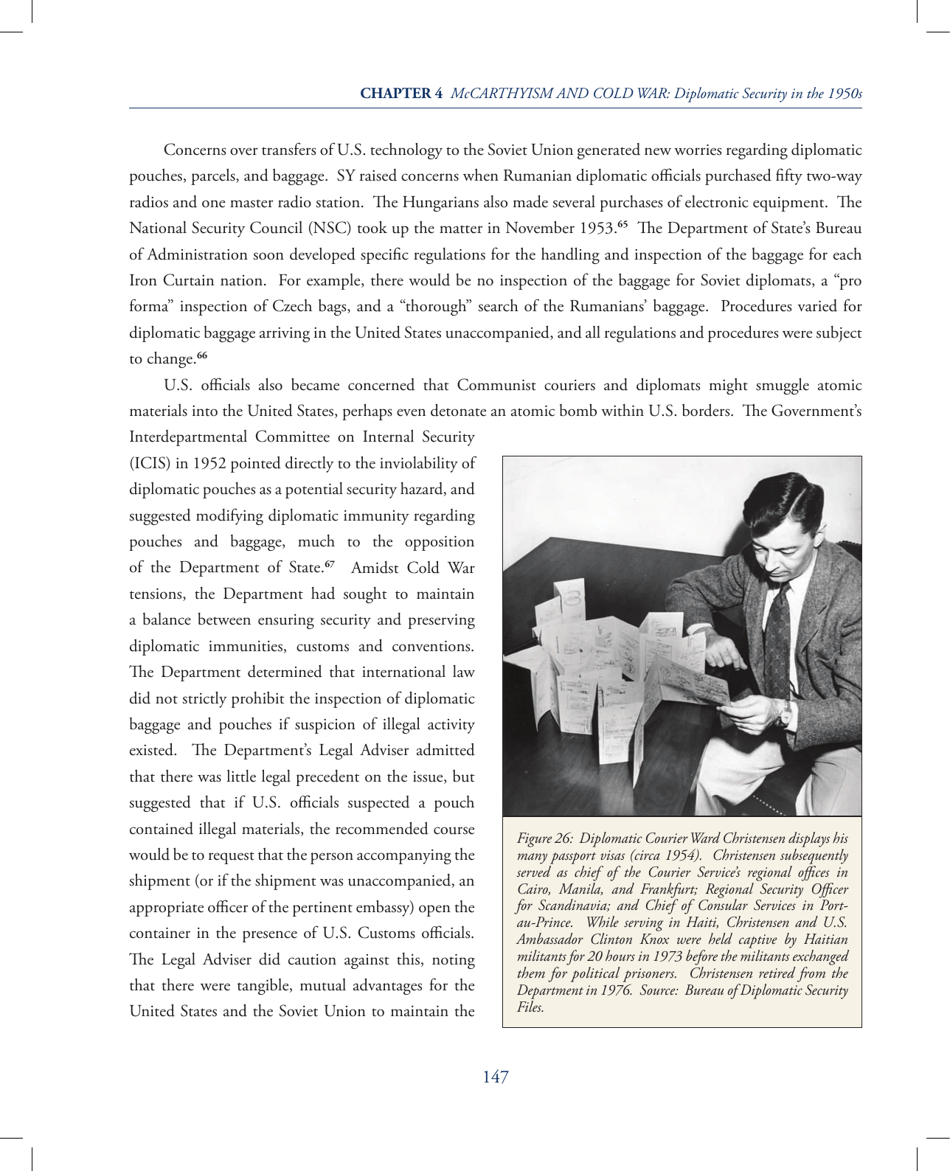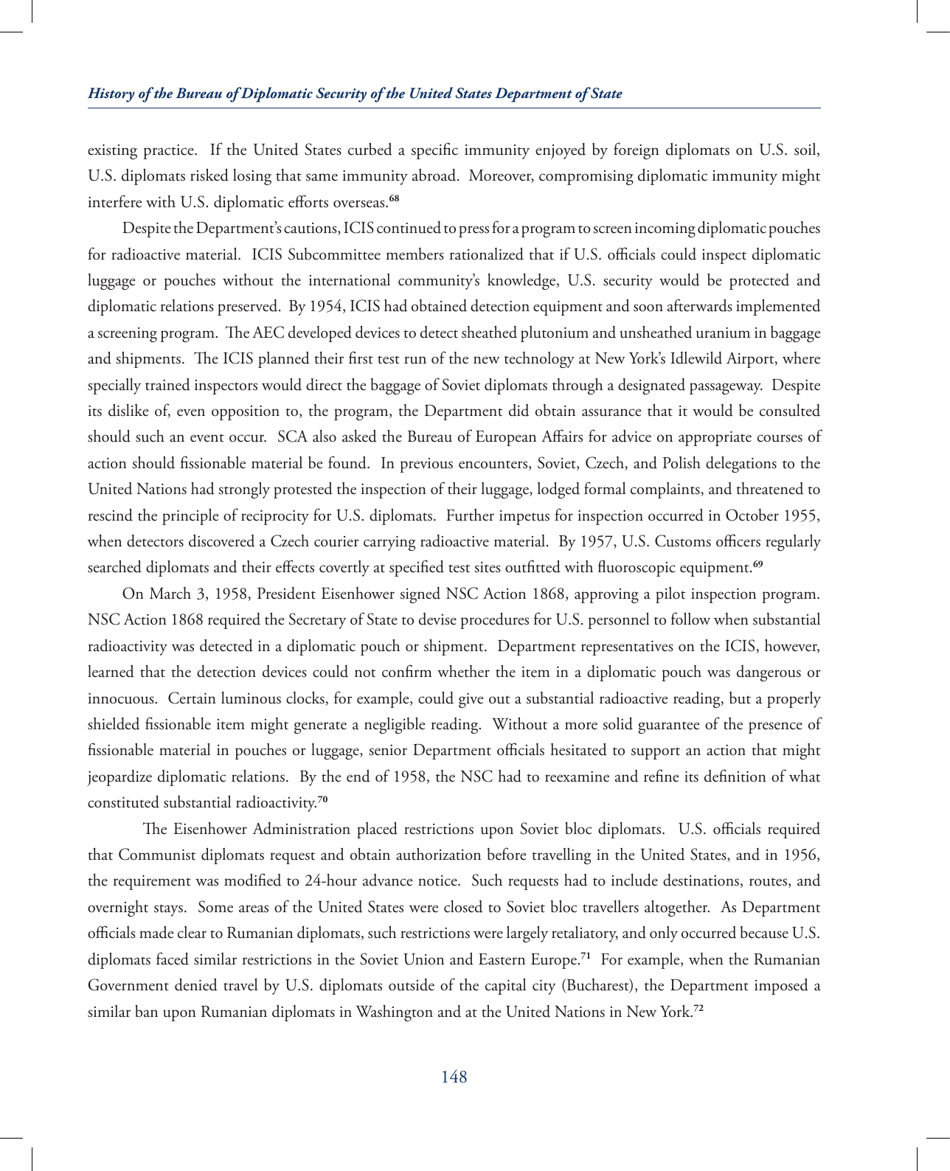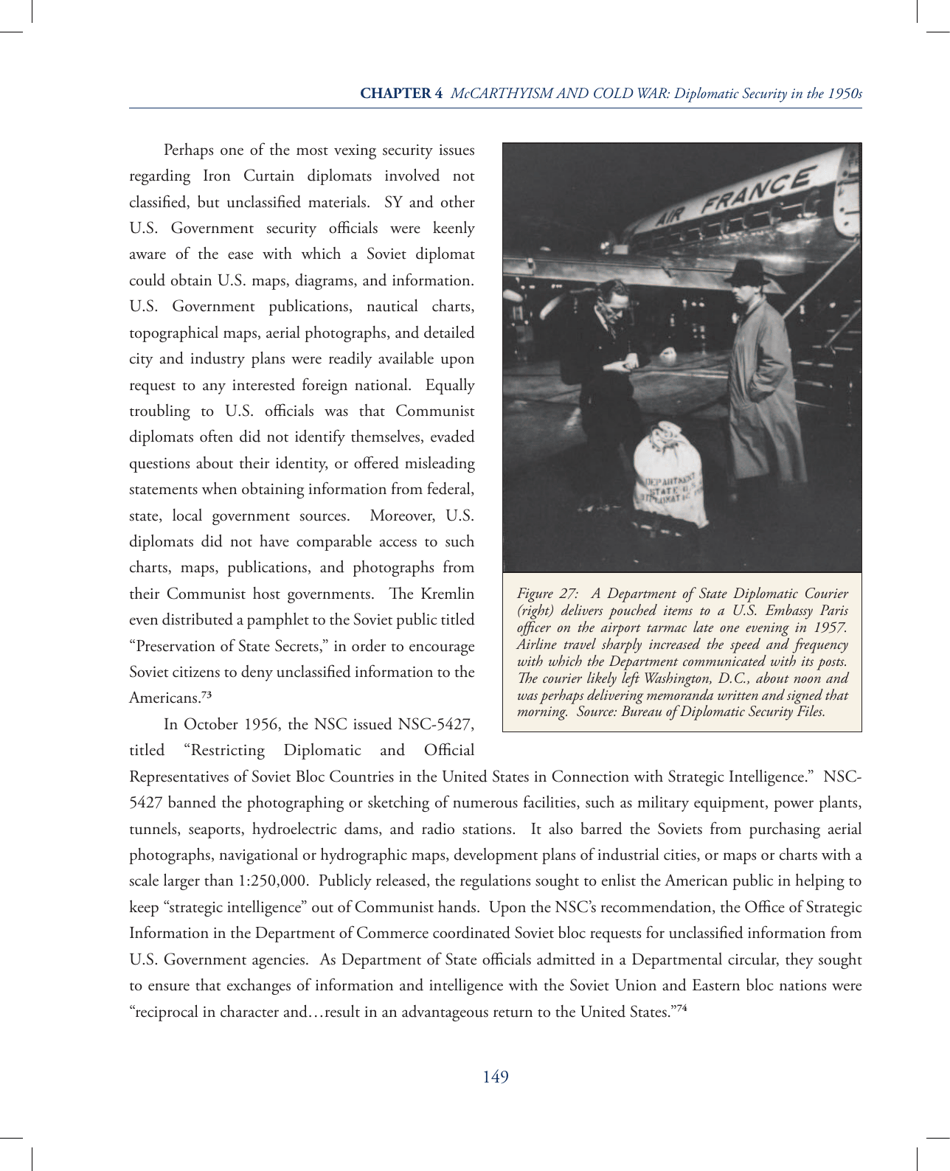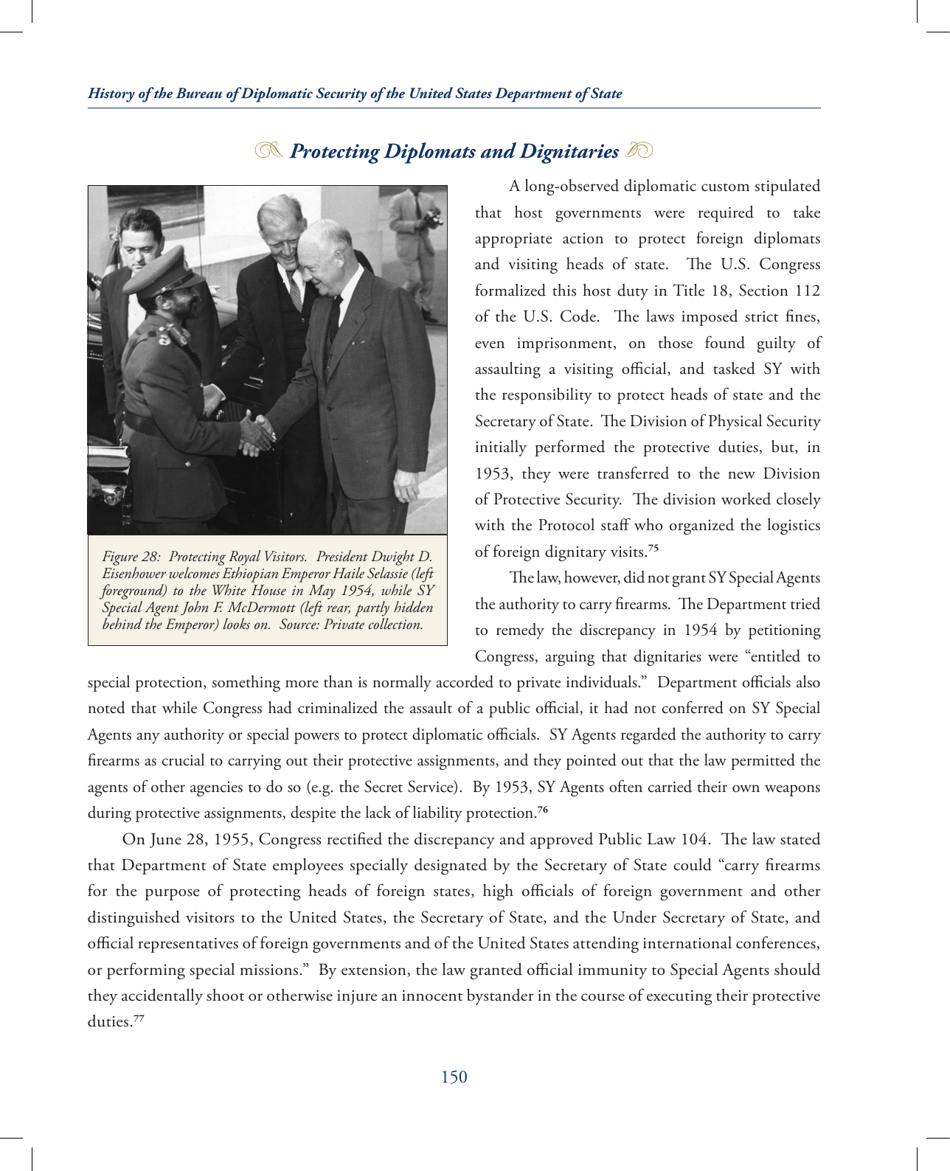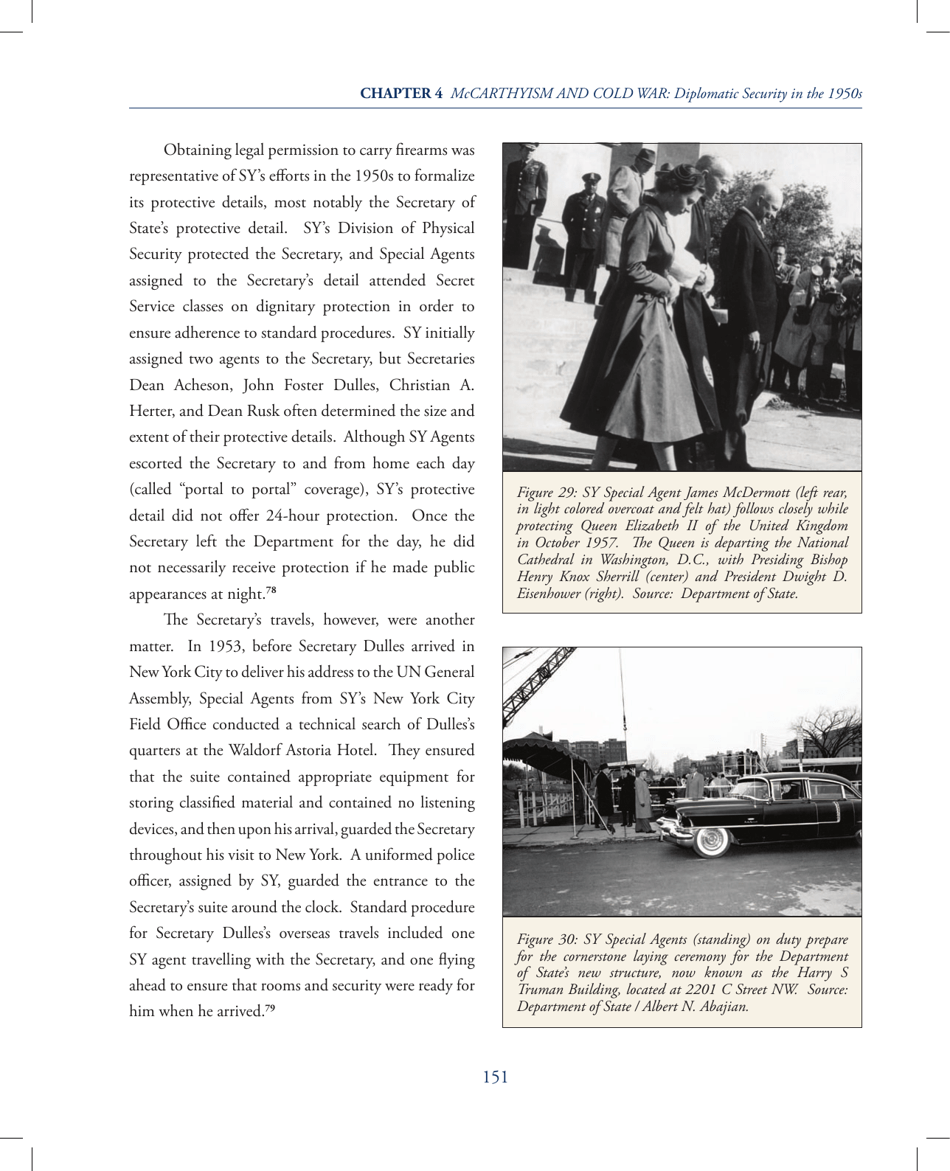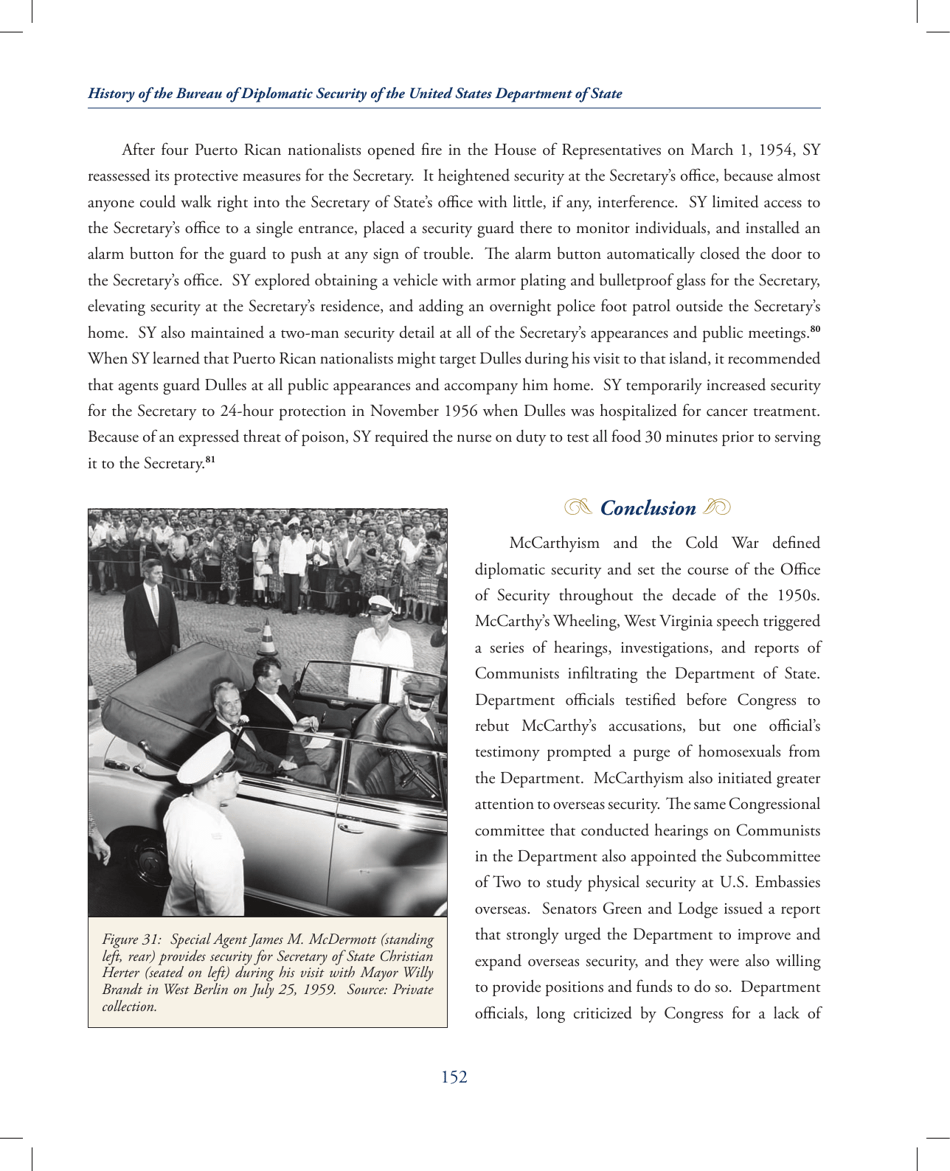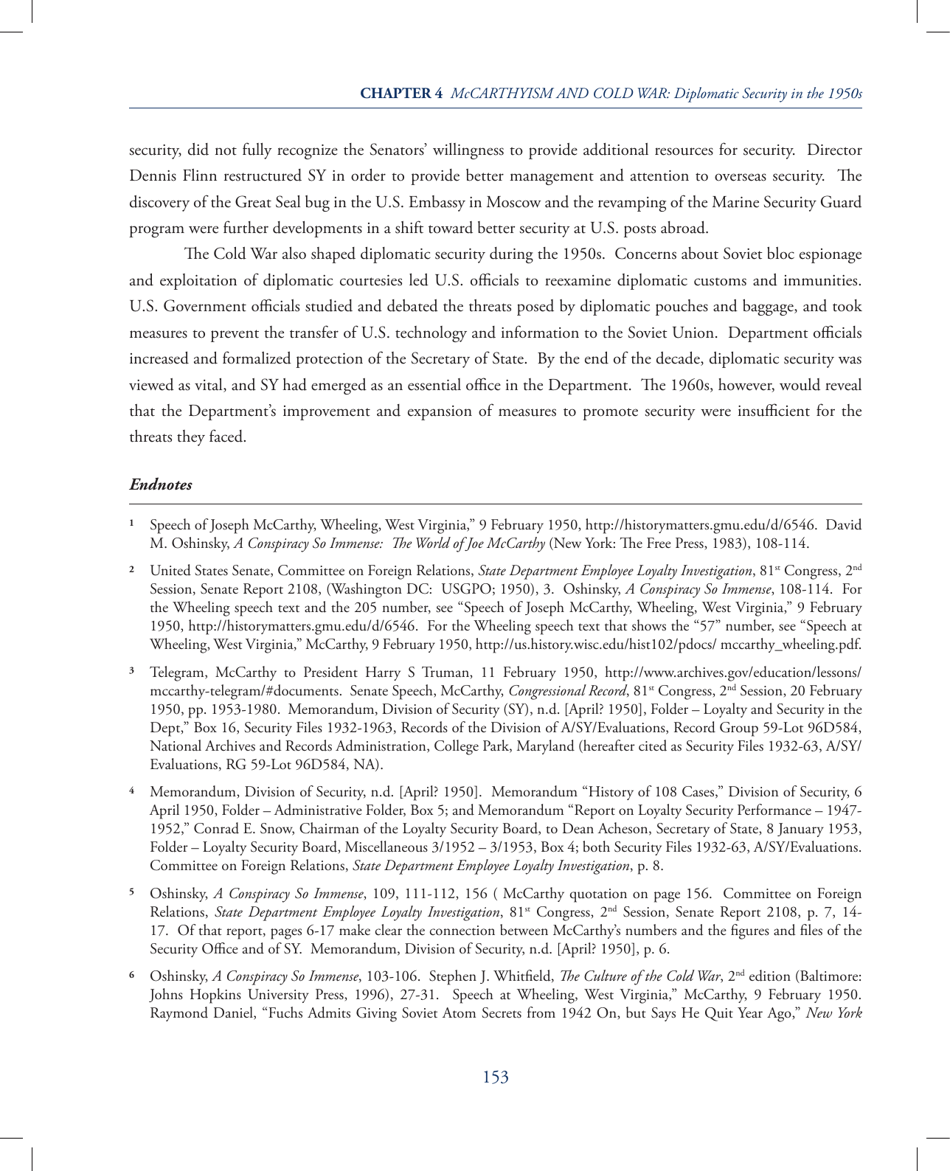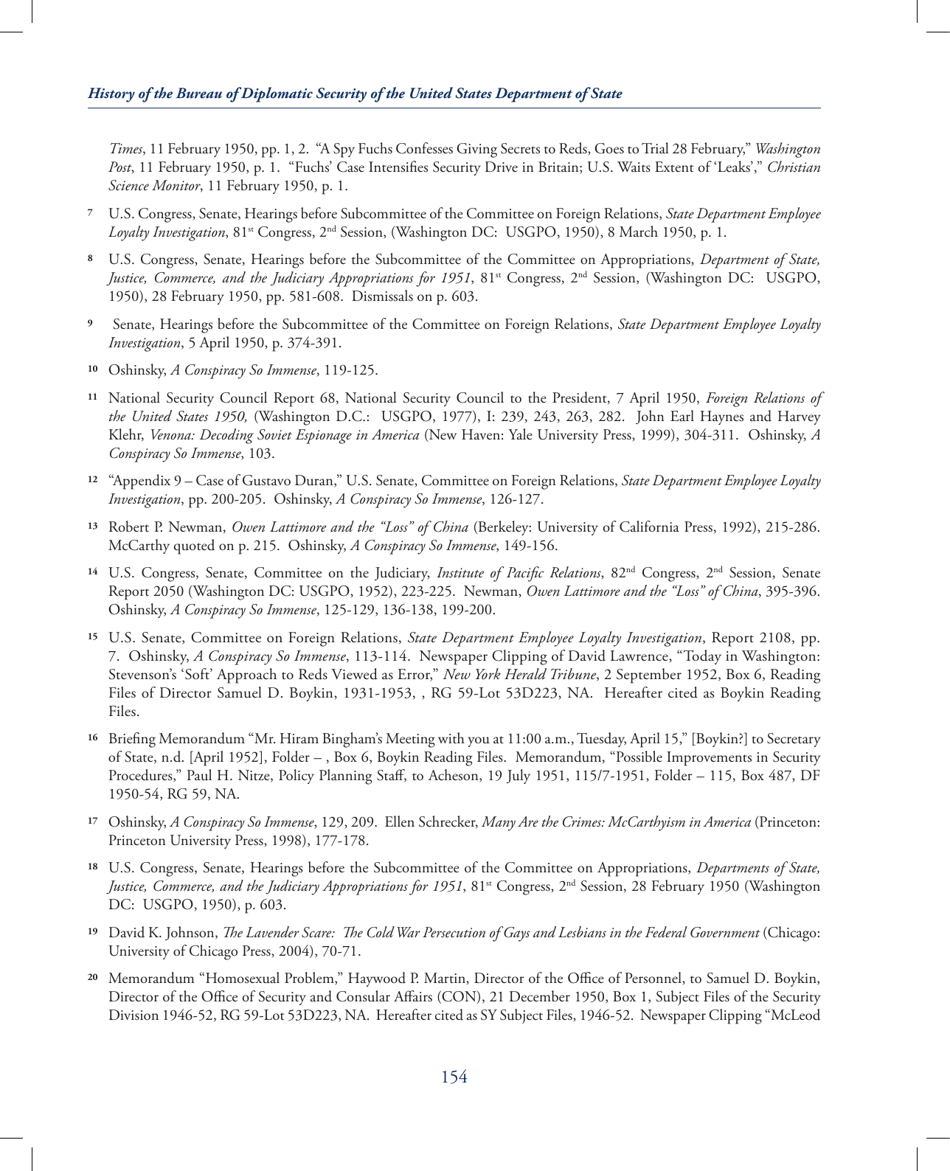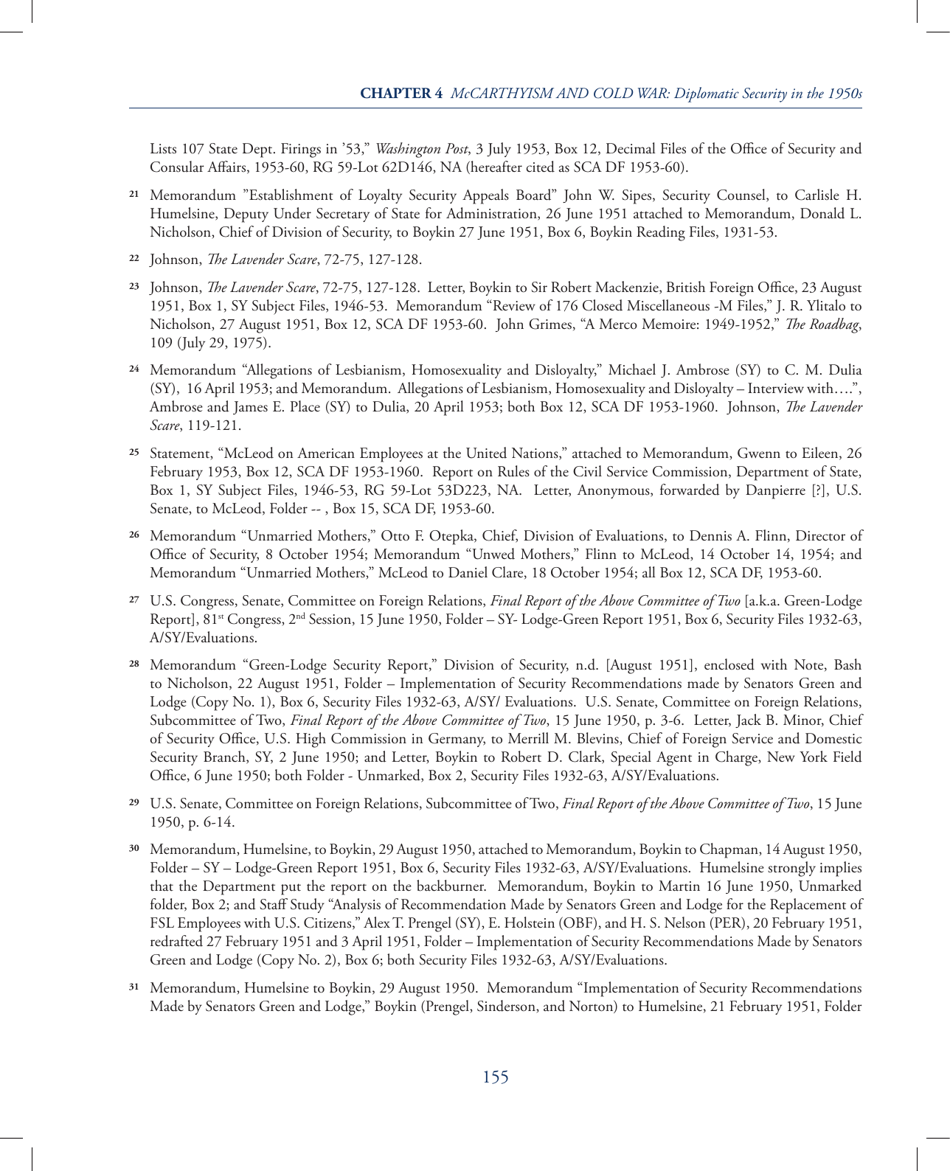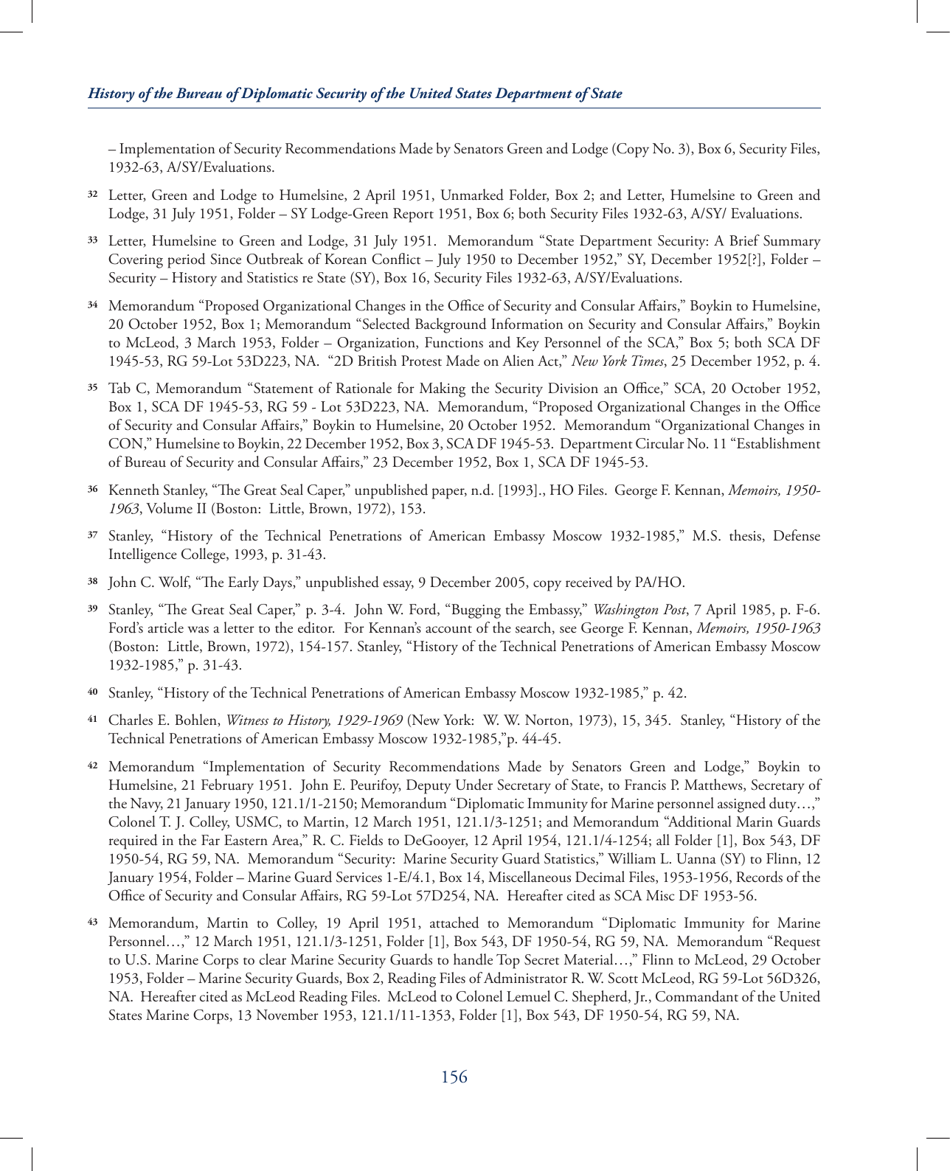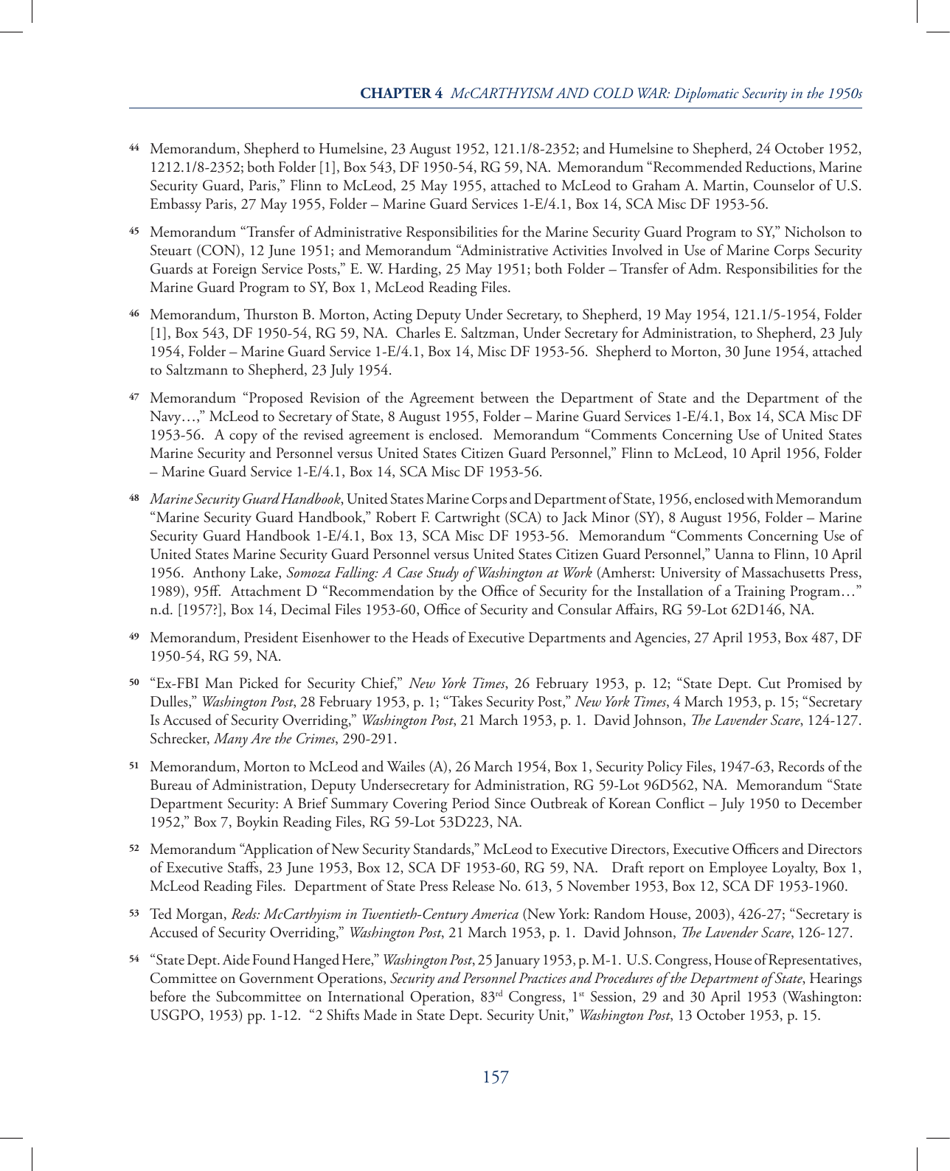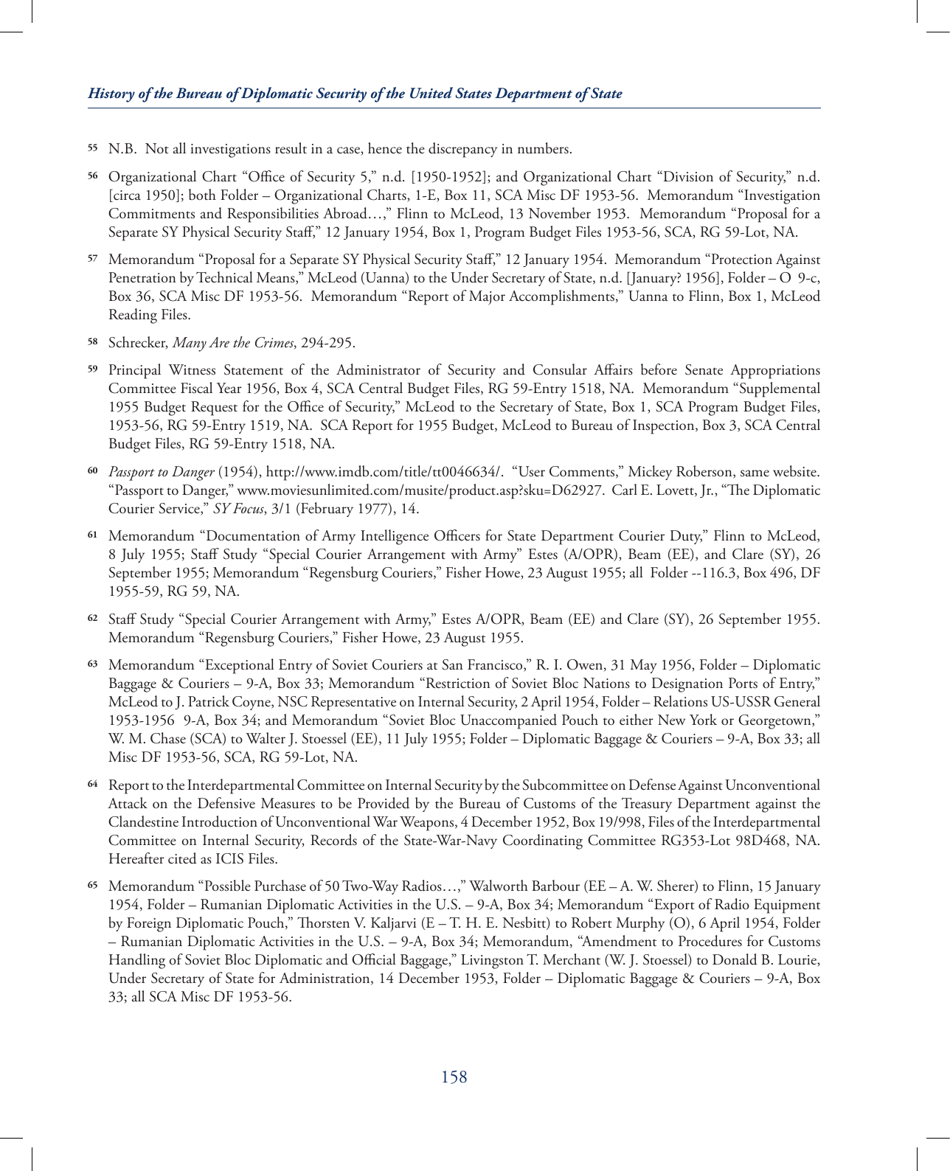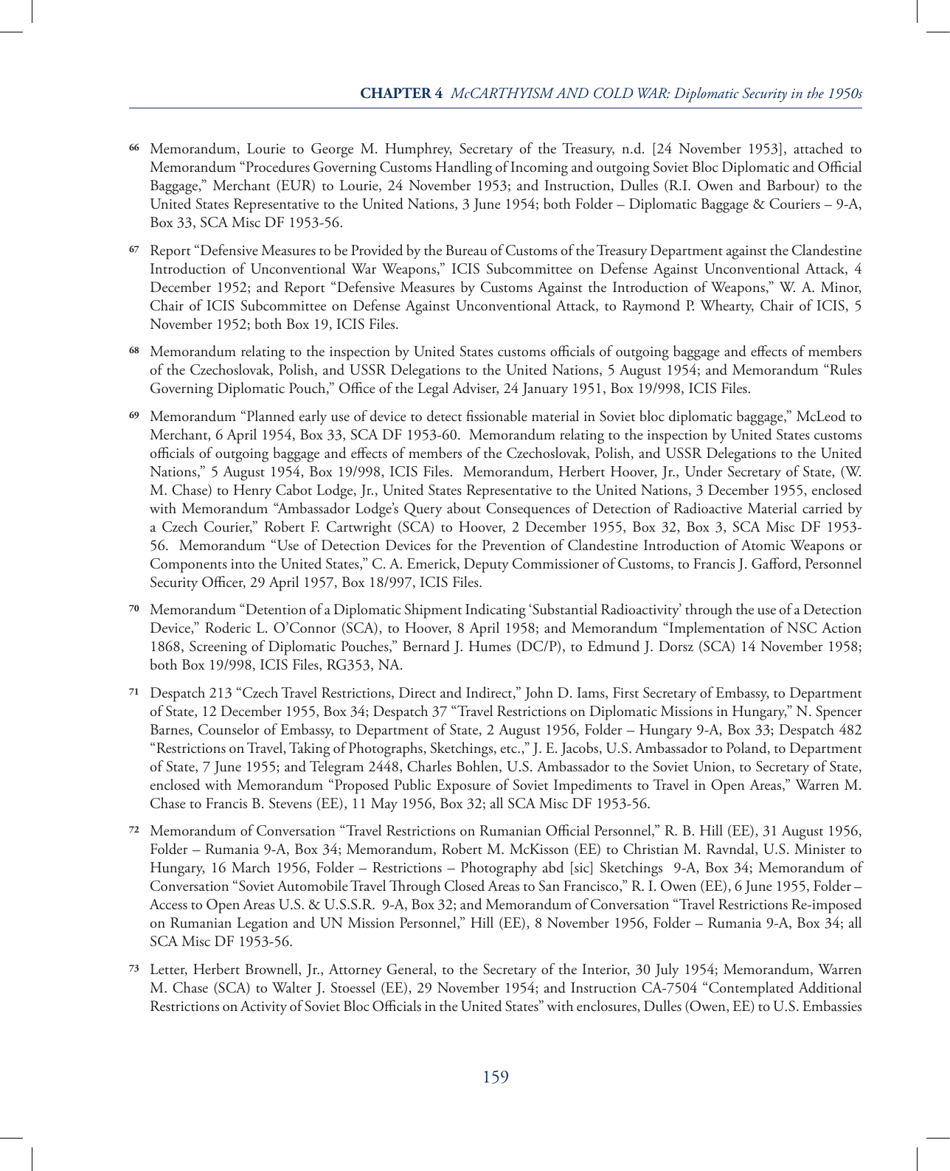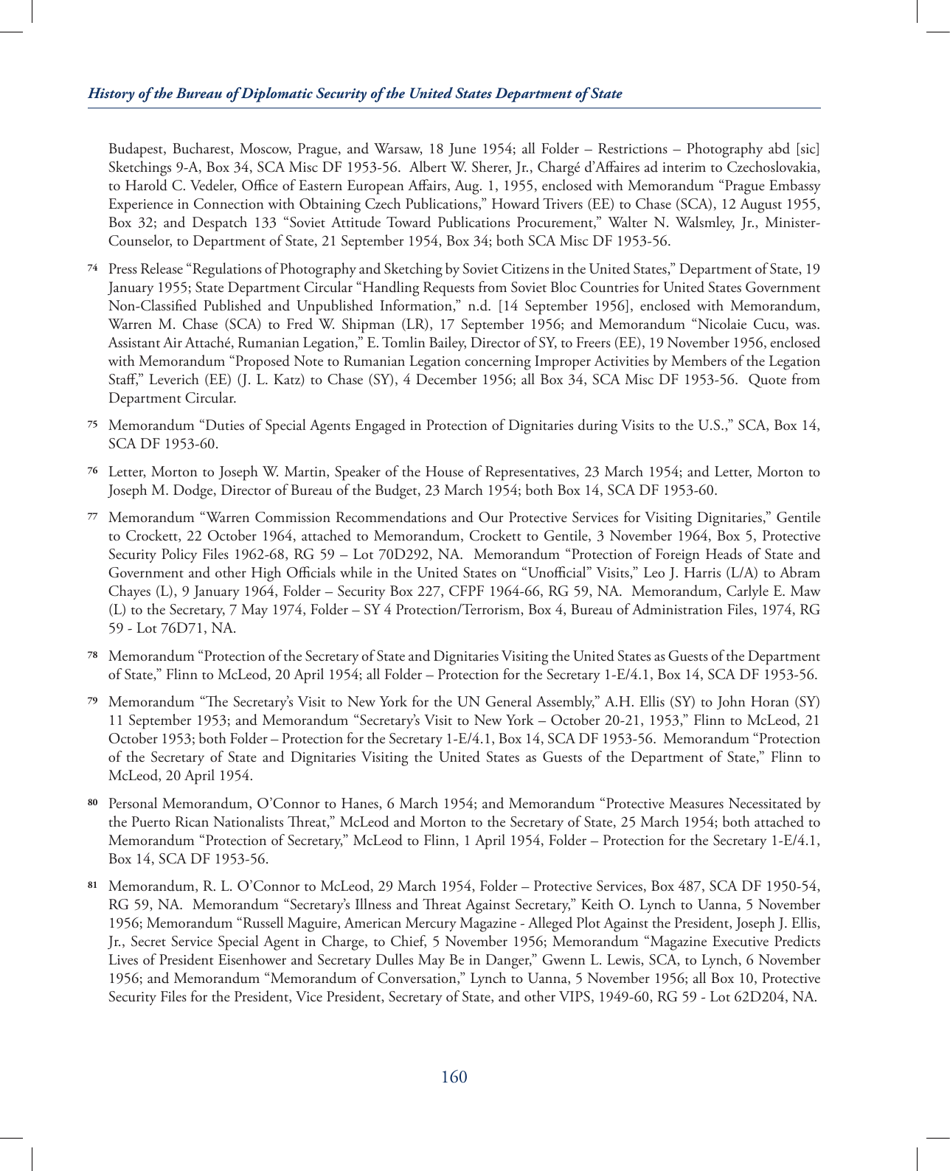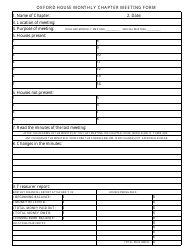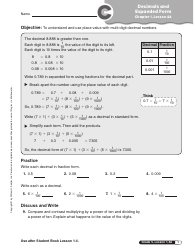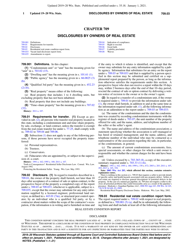Chapter 4 - Mccarthyism and Cold War: Diplomatic Security in the 1950s
Chapter 4 - Mccarthyism and Cold War: Diplomatic Security in the 1950s is a 40-page legal document that was released by the U.S. Department of State and used nation-wide.
FAQ
Q: What is McCarthyism?
A: McCarthyism refers to the practice of making accusations of subversion or treason without evidence.
Q: When did McCarthyism occur?
A: McCarthyism occurred in the 1950s during the Cold War.
Q: What was the Cold War?
A: The Cold War was a period of geopolitical tension between the United States and the Soviet Union.
Q: Why was there diplomatic security focus in the 1950s?
A: The 1950s saw a heightened focus on diplomatic security due to the fear of communist infiltration.
Q: What were some measures taken to ensure diplomatic security?
A: Measures taken included background checks, surveillance, and loyalty investigations.
Q: Who was Joseph McCarthy?
A: Joseph McCarthy was a U.S. Senator who played a prominent role in the anti-communist movement and the McCarthy hearings.
Q: What were the McCarthy hearings?
A: The McCarthy hearings were Senate hearings led by Joseph McCarthy that investigated alleged communist activity.
Q: What impact did McCarthyism have?
A: McCarthyism created a climate of fear and paranoia, leading to the blacklisting of many people accused of being communists.
Q: Was McCarthyism successful?
A: While McCarthyism had widespread impact, many of the accusations made during this time were based on little to no evidence.
Q: How did the Cold War end?
A: The Cold War ended with the collapse of the Soviet Union in 1991.
Form Details:
- The latest edition currently provided by the U.S. Department of State;
- Ready to use and print;
- Easy to customize;
- Compatible with most PDF-viewing applications;
- Fill out the form in our online filing application.
Download a printable version of the form by clicking the link below or browse more legal forms and templates provided by the issuing department.
